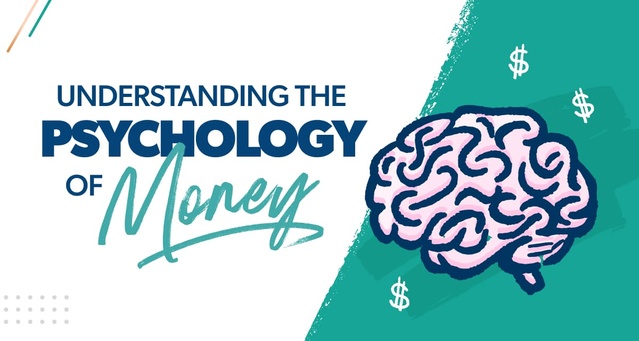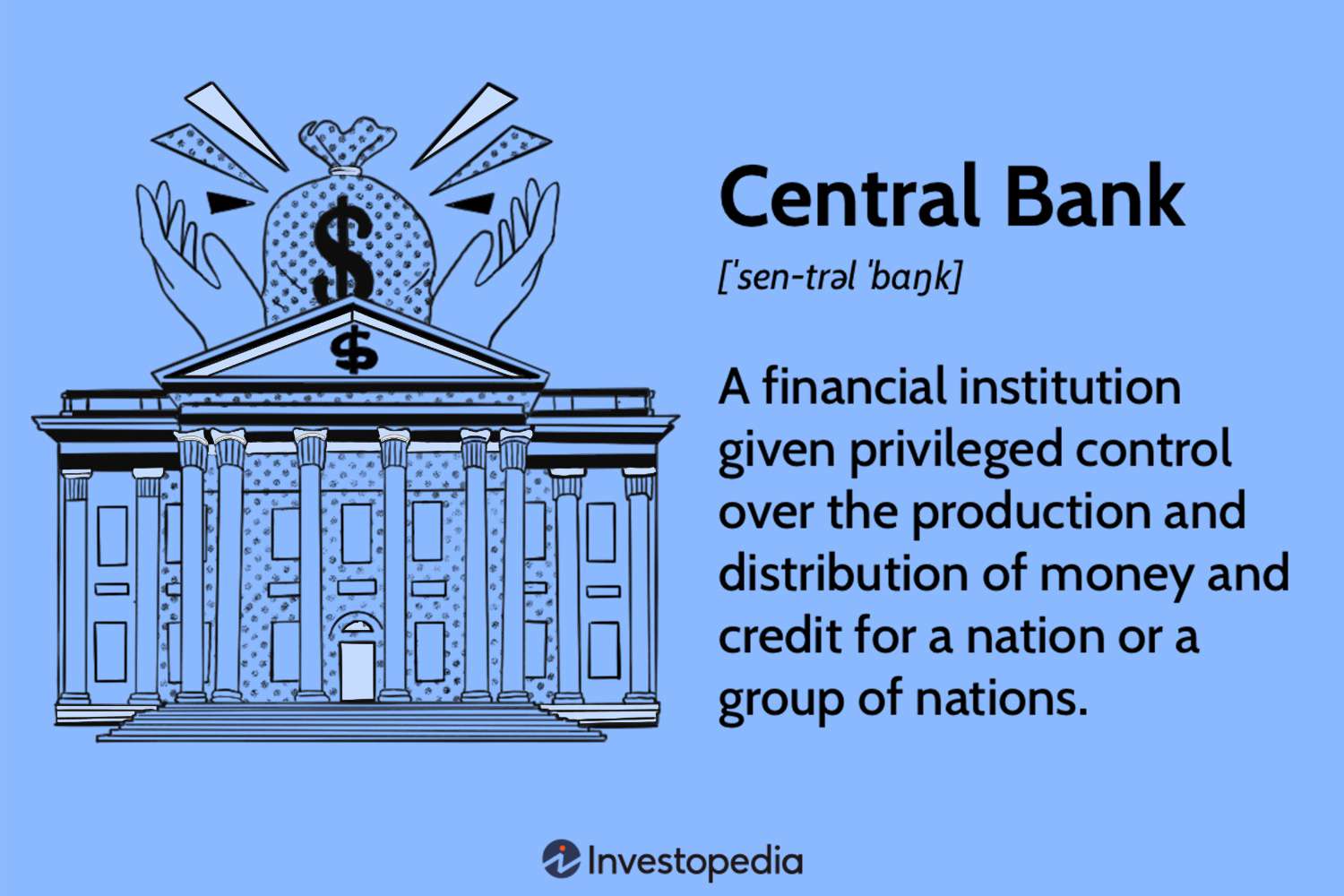Money management is more than just numbers; it’s deeply intertwined with human psychology. Understanding the psychology of money management is crucial for making informed financial decisions, improving your relationship with money, and achieving long-term financial success. By recognizing the emotional and cognitive factors that influence your financial behavior, you can develop healthier money habits and optimize your financial well-being.
1. Emotional Triggers and Spending Habits
Emotions play a significant role in how we manage money. Feelings of stress, anxiety, or even joy can lead to impulsive spending, often as a way to cope or celebrate. For example, retail therapy—a common response to stress—can derail your budget and savings goals. To counteract emotional spending, it’s essential to identify your emotional triggers and develop strategies to manage them without resorting to unnecessary purchases. This might include practicing mindfulness, setting spending limits, or finding alternative ways to address your emotions.
2. The Impact of Financial Upbringing
Your financial habits and attitudes are often shaped by your upbringing and the environment you were exposed to as a child. If you grew up in a household where money was a constant source of stress, you might develop an aversion to financial planning or an unhealthy fear of spending. Conversely, if your parents were financially disciplined, you might adopt a similar approach. Understanding how your upbringing influences your money management style can help you recognize patterns and make conscious changes to improve your financial behavior.
3. Cognitive Biases and Financial Decision-Making
Cognitive biases are mental shortcuts that can lead to irrational financial decisions. Common biases include:
Anchoring: Relying too heavily on the first piece of information encountered (e.g., the initial price of a product), which can skew your perception of value.
Overconfidence: Believing you have more control over financial outcomes than you actually do, leading to risky investments or overspending.
Loss Aversion: The tendency to fear losses more than valuing gains, which can result in overly conservative financial behavior.
By being aware of these biases, you can take steps to mitigate their impact on your financial decisions, such as seeking out diverse perspectives or using objective data to guide your choices.
4. The Role of Instant Gratification
In today’s fast-paced world, the desire for instant gratification can be a significant barrier to effective money management. The temptation to make immediate purchases, rather than saving for long-term goals, is a common challenge. However, delaying gratification is a crucial skill for financial success. Developing this skill involves setting clear financial goals, creating a budget that aligns with those goals, and practicing self-discipline to stick to your plan.
5. Money and Self-Worth
Many people unconsciously link their self-worth to their financial status, equating wealth with success and self-esteem. This connection can lead to unhealthy financial behaviors, such as overspending to project a certain image or under-saving due to fear of inadequacy. To break this cycle, it’s important to separate your self-worth from your financial worth and focus on financial decisions that align with your values and long-term goals, rather than societal pressures.
6. Social Influence on Financial Behavior
Social influences, including peer pressure and societal norms, significantly affect how you manage money. For instance, the desire to keep up with friends or colleagues can lead to overspending on luxury items or experiences. Social media also plays a role, with curated images of wealth and success creating unrealistic expectations. To counteract these influences, focus on your personal financial goals and values, and remember that true financial success is about stability and security, not appearances.
7. The Power of Financial Education
Financial education is a powerful tool in overcoming psychological barriers to effective money management. The more you understand about budgeting, saving, investing, and debt management, the better equipped you’ll be to make sound financial decisions. Continuous learning can help you identify and correct poor financial habits, reduce financial stress, and increase your confidence in managing money.
8. Building Healthy Money Habits
Developing healthy money habits requires consistent effort and self-reflection. Start by setting realistic financial goals, creating a budget, and tracking your spending. Regularly review your financial progress and adjust your strategies as needed. Incorporate positive habits, such as automatic savings transfers and periodic financial reviews, to reinforce your commitment to financial success.
9. Overcoming Fear and Anxiety About Money
Fear and anxiety about money can paralyze your financial decision-making and prevent you from taking necessary steps to secure your future. Whether it’s fear of investing, anxiety about debt, or uncertainty about the future, these emotions can be managed through education, planning, and seeking professional advice. Building a strong financial foundation through emergency savings, insurance, and a diversified investment portfolio can also help alleviate financial fears.
10. Mindful Money Management
Mindfulness in money management involves being fully aware of your financial situation and the motivations behind your financial decisions. Practicing mindfulness can help you make more deliberate and informed choices, reduce impulsive spending, and align your financial behavior with your long-term goals. Techniques such as keeping a spending journal, reflecting on your financial decisions, and setting intentional financial goals can enhance your financial mindfulness.
Conclusion
Understanding the psychology of money management is key to improving your financial habits and achieving long-term success. By recognizing the emotional, cognitive, and social factors that influence your financial behavior, you can make more informed decisions, develop healthier money habits, and ultimately secure a more stable and prosperous financial future.










